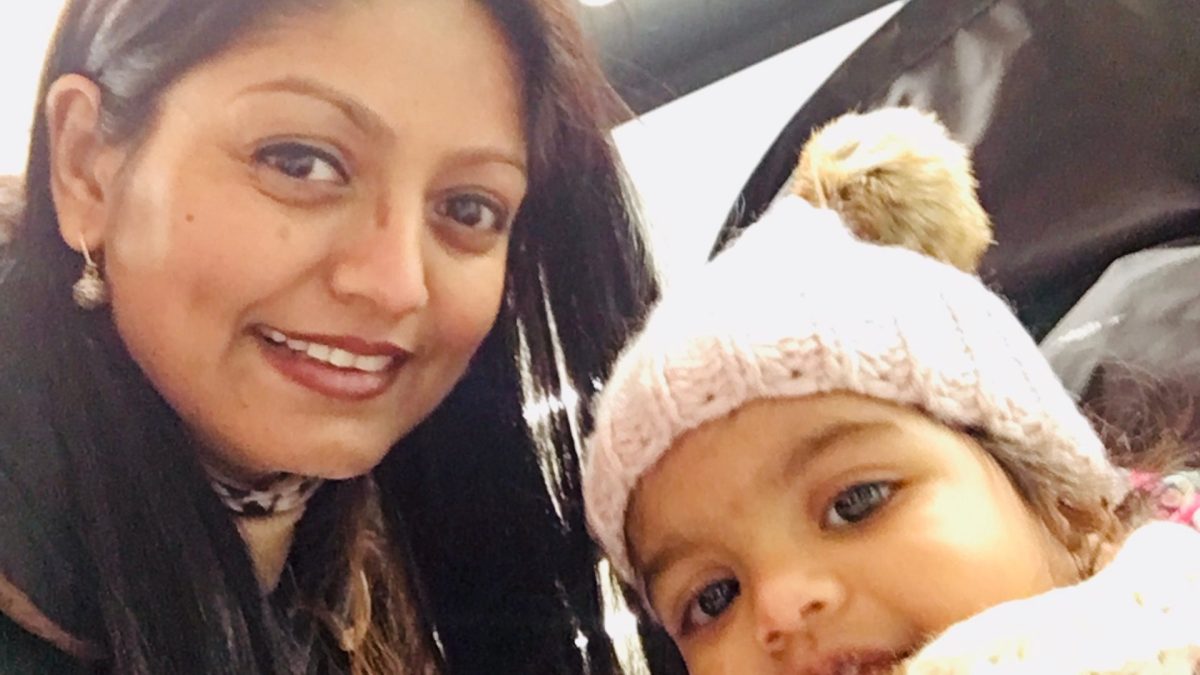WHEN a Solihull mother-of-one was diagnosed with lung cancer, she lost trust in everything.
It was the biggest shock of her life; her body had betrayed her in a way she could not comprehend.
Now six years on, Catherine Paul is fronting a new awareness campaign led by Roy Castle Lung Cancer Foundation, highlighting how improvements in awareness, diagnosis, and treatment are giving more people like her a real chance at life after lung cancer.
“I remember the moment the radiologist spotted something ‘nasty’ in my lungs so vividly,” recalls Catherine.
“It was incomprehensible. I was an avid gym goer. I ate organic. I didn’t smoke. How could I have lung cancer?”
Catherine’s cancer was initially caught early, and she had surgery in 2019. For four years, everything was fine. Then, in 2023, the cancer returned with all its fury and the consultant confirmed it was now stage 4.
A biopsy also revealed that it was a mutation-driven lung cancer called ROS1+, a rare form of the disease which affects around one to two per cent of people who have the disease.
Catherine said: “It’s a very aggressive type of lung cancer – but it responds very well to targeted therapy. In fact, there are patients globally who have been stable on this treatment for up to 15 years.
“All I have to do is take two pills a day. The treatment means I can be there for my daughter. I can take my dog out for walks. I can have fun.”
It has also allowed Catherine to focus on her advocacy work, chairing the national charity, Ros1Ders, which specifically supports people with ROS1+ lung cancer, as well as helping to front a new awareness campaign – This is Lung Cancer – led by lung cancer charity, Roy Castle Lung Cancer Foundation.
The campaign uses stories of people like Catherine thriving after a diagnosis to highlight progress in diagnosis and treatment to encourage people to seek help earlier.
Catherine said: “If I hadn’t been diagnosed, I wouldn’t have had a clue about lung cancer. I want to help other people have a better understanding of it that I did. That way, they might be able to spot any early warning signs.
“I also want to spread hope. I didn’t have a lot of hope when I was first diagnosed but I now know it is there, whatever your diagnosis. Lung cancer is changing and I’m living proof of that. By sharing my experience, it’s my hope that others will have a much better understanding of lung cancer and feel less alone.”
Once stubbornly low, longer-term survival for lung cancer is gradually improving. In 2007, only eight per cent of people survived for five years or more.
Now, 20 per cent of people are reaching that milestone – one that Catherine too already surpassed.
Paula Chadwick, chief executive of Roy Castle Lung Cancer Foundation, said: “Lung cancer is plagued by misconceptions but through incredible people like Catherine, we are changing the lung cancer narrative. Because lung cancer today looks very different and it’s time people knew it.”
